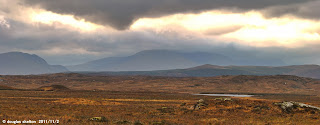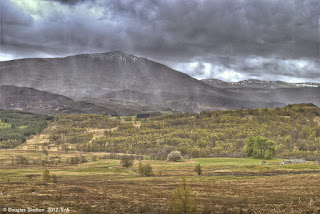By Thomas Kies
One of the topics I teach in my creative writing class at the college is how to write effective plot twists. In many cases it’s a lot like a magic trick. While the audience is paying attention to what the left hand is doing, the right hand is the one making the trick happen.
Covid is like the plot twist that just keeps on giving.
My book SHADOW HILL launched last August. I’d finished writing the book in April of 2020, but the publication date was pushed back for obvious reasons. Trying to promote a book in the throes of so many people dying in a pandemic was a bad idea.
Once it had been announced that a vaccination had been developed at the beginning of 2021, it gave me hope that I could promote SHADOW HILL as it should. I hoped to be at the usual locations including the Poisoned Pen Bookstore in Scottsdale where I’ve launched every book so far in my writing career.
About the same time that vaccinations were rolling out, Barnes & Noble made a sizeable commitment to the rerelease of my first book RANDOM ROAD. It was going to be on the front table of every one of their stores. I had visions of going from one B&N to another to do book signings.
I’d signed up for Bouchercon that was going to take place in New Orleans just in time for the release of SHADOW HILL.
It was all falling into place.
Then…POW…the Delta variant stepped in. Add to that, a confusing and confounding reluctance of a sizable portion of the public to getting a vaccination that's left a high percentage of the population to being ravaged by the disease.
Just as the world was emerging back into a relative sense of normalcy, it all went wrong. A local restaurant I was due to have a book signing closed when one of their employees was diagnosed with Covid.
We did manage to have a book event at that restaurant two weeks later when everyone tested negative and then we did another book event at a local country club. We sold out of books in both events.
In the meantime, Bouchercon was cancelled because of Covid fears. Just as well since Hurricane Ida hit the same weekend the conference was supposed to take place. The old double whammy.
Ever optimistic, my fifth book, WHISPER ROOM, is due for publication in August of 2022. I’m scheduled to be at Malice Domestic in April and Thrillerfest in June. That same week, I’m hoping to do a book signing at a library in Norwalk, Connecticut. I’m looking forward to having a book signing at my favorited restaurant here on the coast in August.
The latest plot twist? Omicron, the latest variant of Covid. No telling how bad that’s going to be.
I’m not complaining. I’m really not. So many people have it so much worse.
Steven Sondheim passed away on Friday and days before he died, he reflected, “I’ve been lucky.”
So have I. My childhood dream was to be a novelist. And I am. I’ve been lucky.
Back when I was working for a newspaper in Connecticut, I had an assignment in Manhattan. A colleague of mine was with me on the Metro-North train into the city. The entire one-hour trip, she whined and complained about pretty much everything under the sun.
When we finally got to Grand Central Terminal, we went straight to the iconic clock in the Main Concourse where we were to meet our contact. We got there early and as we were chatting and people watching, a woman came up to us and asked if we would take a picture of her and her daughter. She said, “This is the first time we’ve been to New York.”
It was difficult to tell how old her daughter was because she was in a wheelchair and her poor little body seemed to be bent at strange angles. It made me want to cry.
In spite of it, they both had huge smiles on their faces.
The little girl had the biggest grin of the two of them. After we took the photo, the mother thanked us and told us how excited they were to be in the city and how much her daughter had been looking forward to it.
After they left, my colleague looked at me said, “If I ever bitch about anything again, just slap me.”
So, yes, Covid is sending us another plot twist. But like Steven Sondheim, I’ve been lucky. www.thomaskiesauthor.com















